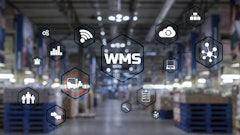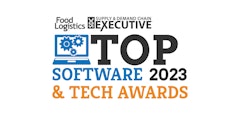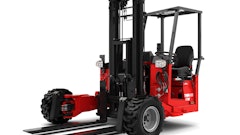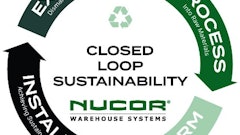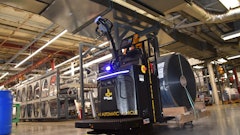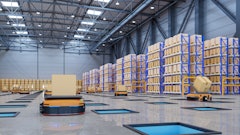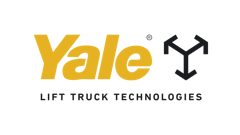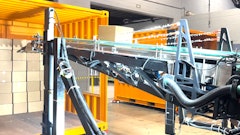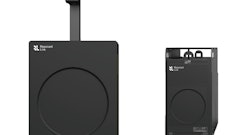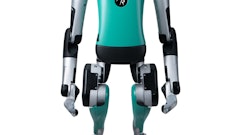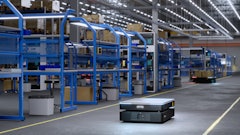Pleasanton, CA: Safeway Inc. has become the first U.S.-based retail grocery chain and manufacturer of private label merchandise to join The Sustainability Consortium in support of the organization’s science-based work toward a more sustainable global supply chain.
The company joins other retailers and consumer product manufacturers that have become members of the Consortium and its product “life cycle” mission including social and environmental considerations.
"We applaud the Consortium’s work and believe its mission is a good fit with Safeway’s efforts to provide its customers with a larger selection of sustainable products and services," says Larree Renda, Safeway executive vice president, chief strategist and administrative officer. “The company is committed to becoming the premier retailer in the grocery sector with an unrivaled reputation for pursuing growth through leadership in environmental, socially responsible and ethical business practices.”
Safeway is engaged in a broad range of sustainability initiatives, including Life Cycle Assessment (LCA) which is a tool for analyzing emissions, waste and the natural resources used from soil to kitchen in different food and non-food items. Safeway is interested in aggregating the data for primary sectors such as agriculture, dairy, packaging and fishery through industrial food processing to retail delivery.
This data will be leveraged in creating Safeway's company-wide supply chain policy encouraging sustainable purchasing and manufacturing practices throughout the organization's direct and indirect buying.
In joining the Consortium, Safeway builds momentum for science with supplier partners such as General Mill’s, Procter & Gamble, and PepsiCo. Safeway will play a leadership role in modeling life cycle inventories; the goal is to better understand the complete scope of industry’s social and environmental footprint. This effort will help refine existing efforts at the company to continuously improve performance. Through its membership Safeway will work with CPG companies, nongovernmental organizations, academia and government.
The Sustainability Consortium is co-administered by Arizona State University and the University of Arkansas; the Consortium will research and publish findings on the life cycle impacts of various categories within the non-food, food and agricultural categories. These findings will identify environmental opportunities throughout the supply chain for Safeway creating both a map and compass towards how Safeway sources product.
Safeway believes forward thinking solutions are required at all levels of business to solve complicated and inter-related problems. Taking a systems approach to supply chain and employing science to solve environmental issues is not new to Safeway supply chain. However, broadening the scope and depth of the company’s work across multiple categories will be an important part of the company’s sustainability initiatives.
In developing life cycle criteria, the Consortium will consider the impacts food and agriculture has on those customers who shop for their food and non-food items at Safeway.
“This important research will build an important bridge to creating the standards for metrics by which our industry measures itself against sustainability goals uncovering key opportunities to eliminate waste and preserve natural resources," says Linda Nordgren, Safeway group vice president of supply chain and strategic sourcing.
"Creating actionable data on the lifecycle impacts of food & agriculture will assist Safeway in creating its Environmentally Preferable Purchasing policy," says Nordgren.









